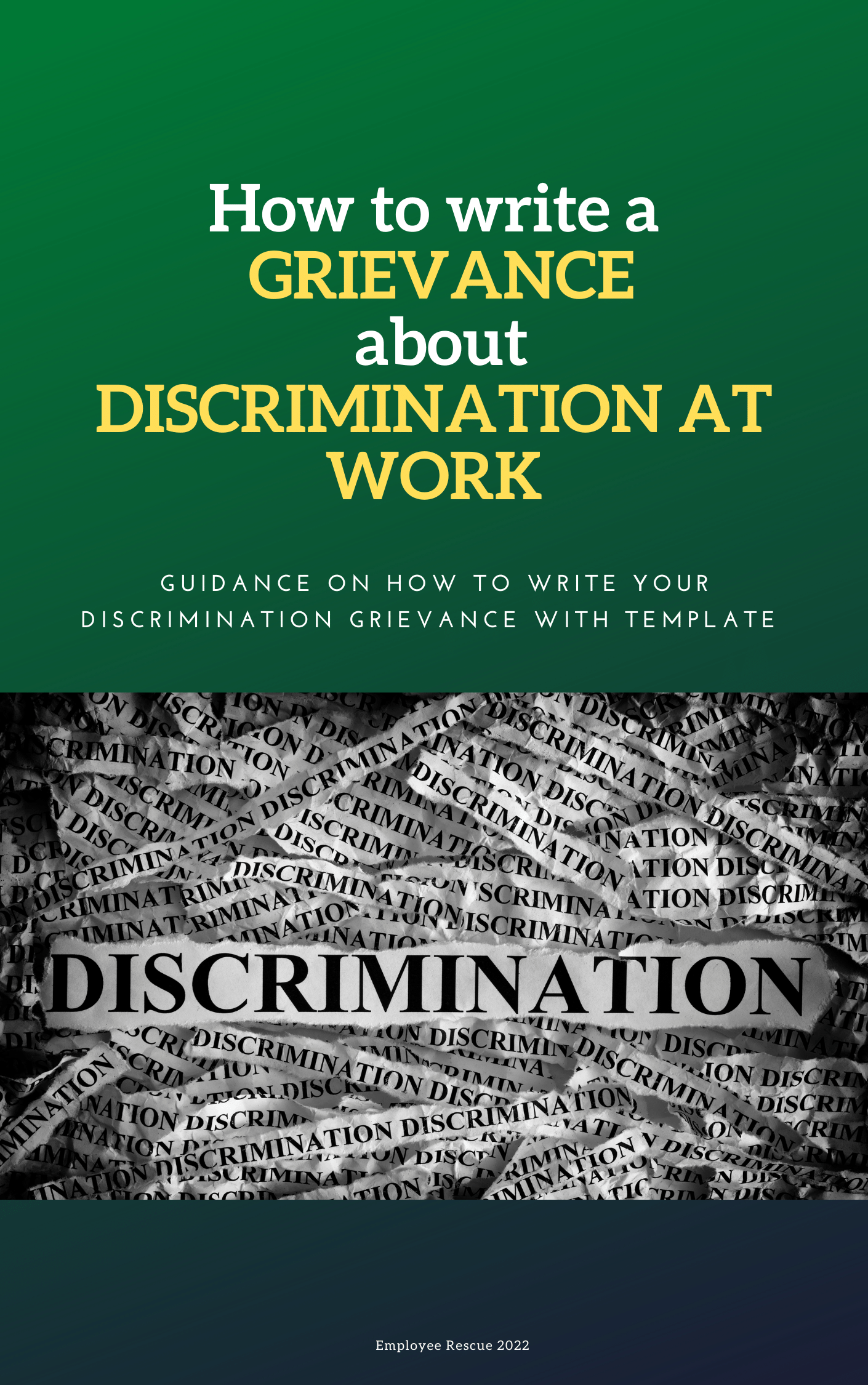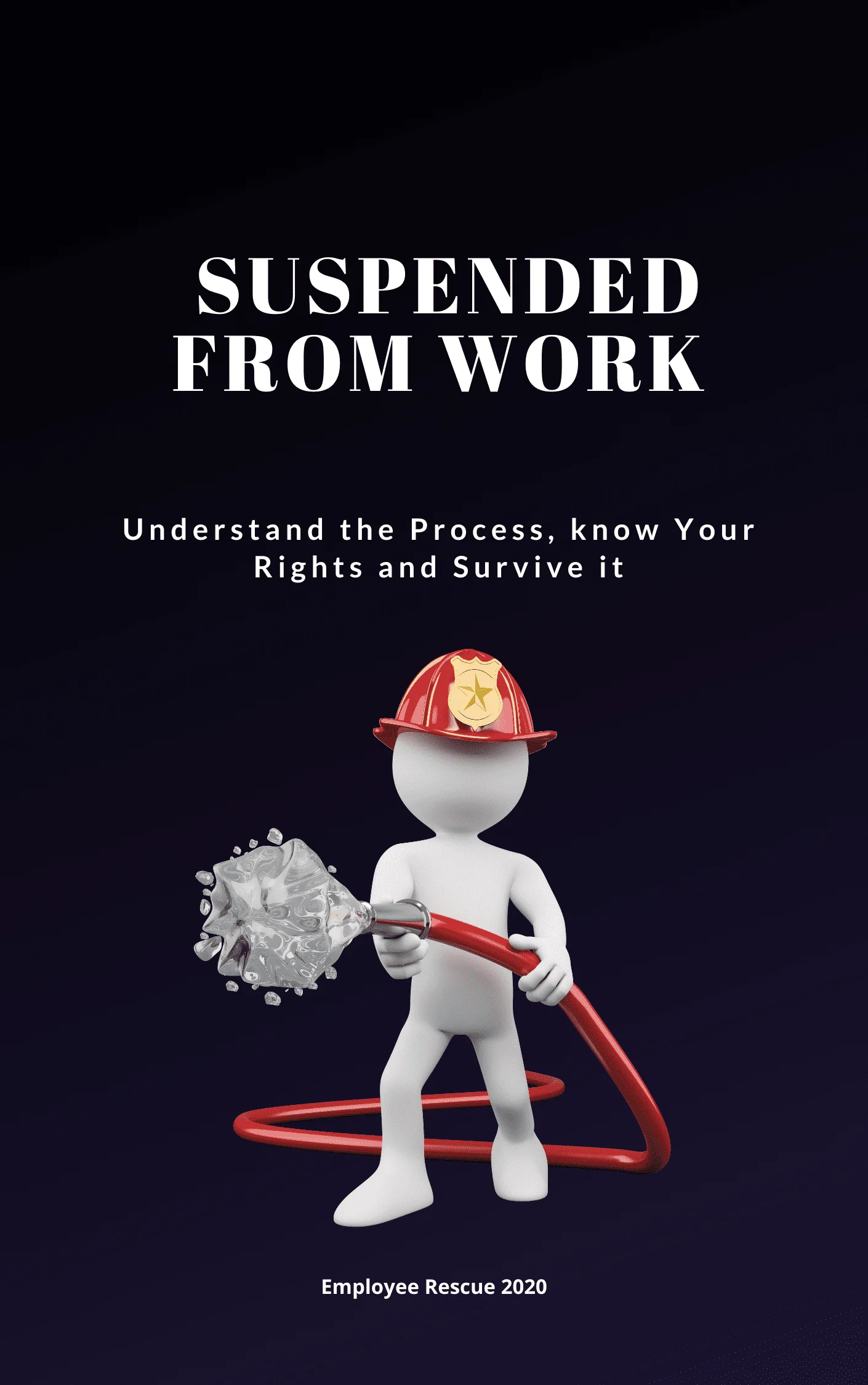
Suspension from work
Being suspended from work will catch you by surprise in circumstances where you would not have had any opportunity to prepare or even know fully what the allegation is against you. Suspension is only (or should only be) used for matters of serious misconduct, meaning a suspension may lead to you losing your job. This Guide provides you with resources including template letters as well as information on:
- Record Keeping
- Auditing your suspension for legal compliance
- Chronology template
- Whistleblowing (What you should do if you are suspended after whistleblowing)
- The Suspension Meeting
- Exercising your right to be accompanied
- Who can suspend you?
- Duration of suspension (What you should do)
- Template letter informing employer that suspension period has elapsed or is unreasonably long
- Your confidentiality during suspension
- Suspension without Pay
- Sample letter requesting payment whilst suspended
- Breach of the implied duty of Mutual Trust and Confidence
Content
Suspension is not an indication that you are guilty of any offence, but being suspended damages your reputation in the workplace and potentially with clients and customers if they find out about it. You will also be unable to practice your skills whilst off work because you are still employed and bound by your employment contract. For this reason, the Courts have said that suspension is not a neutral act and will look askance if your employer fires you without due consideration of the impact on you.
This guide equips you with the correct information, practical resources and step-by-step directions to fight for your rights in a Suspension. It will assist you in fighting your case, and will help you strengthen your grievance or Employment Tribunal case if it came to that.

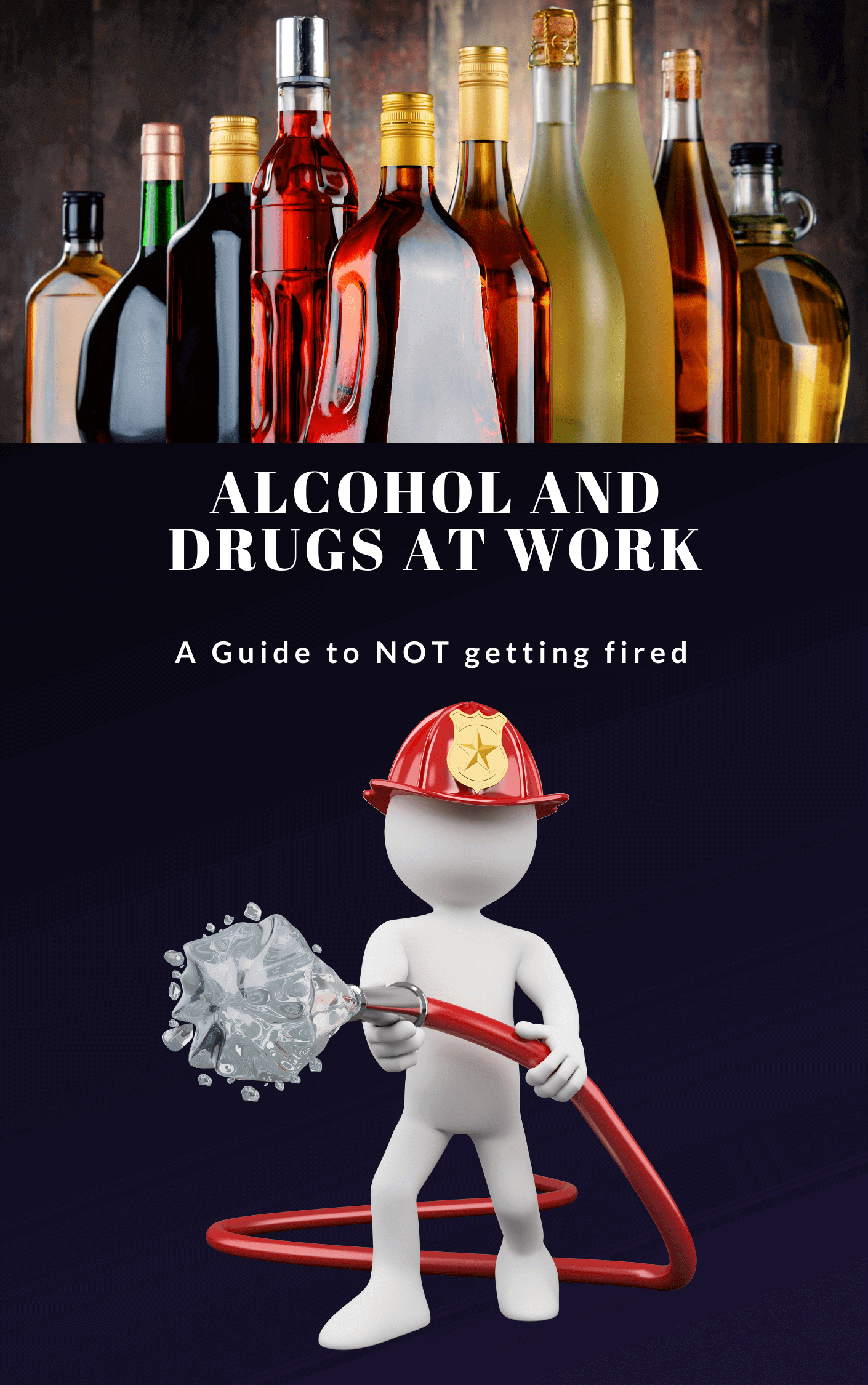
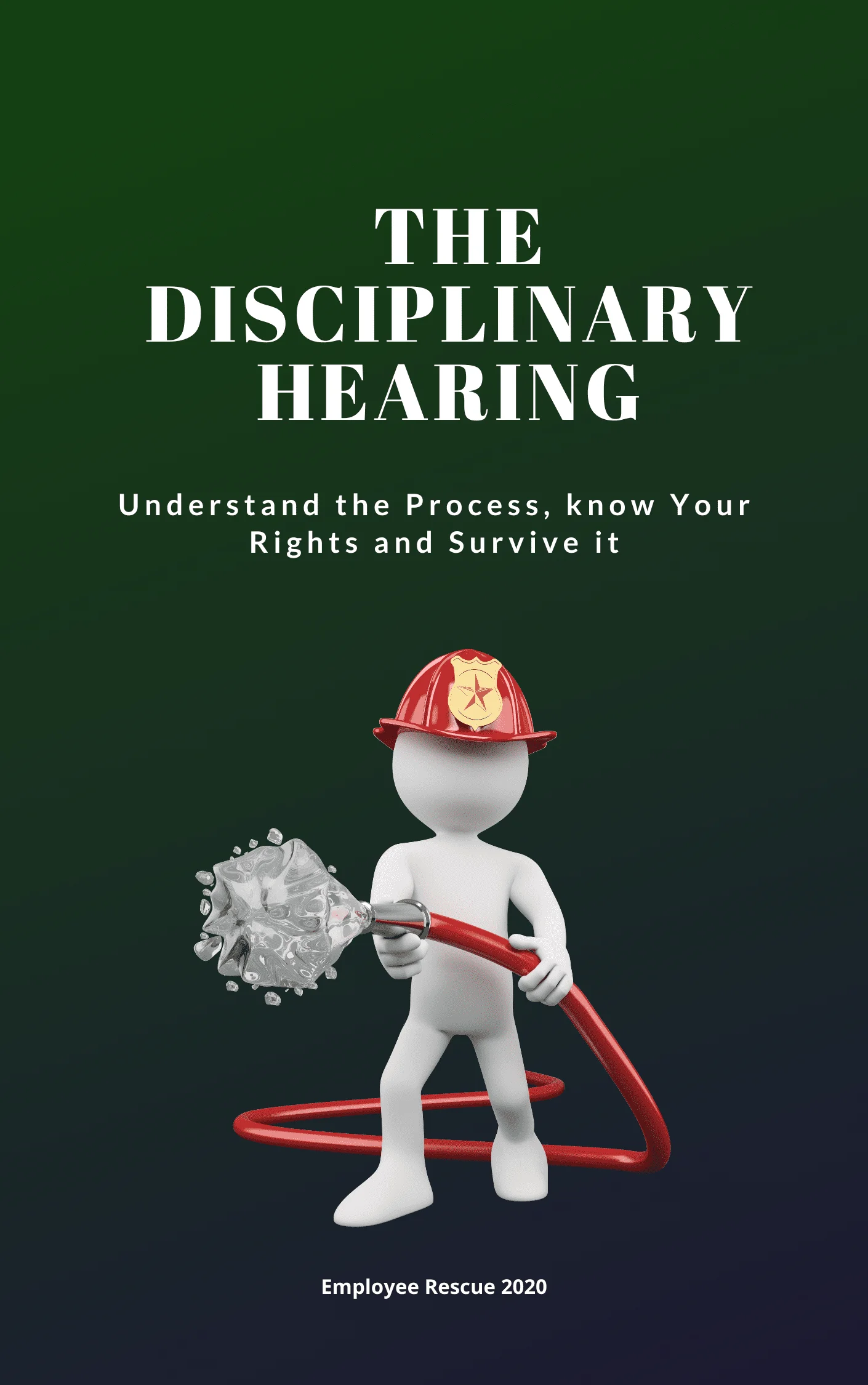
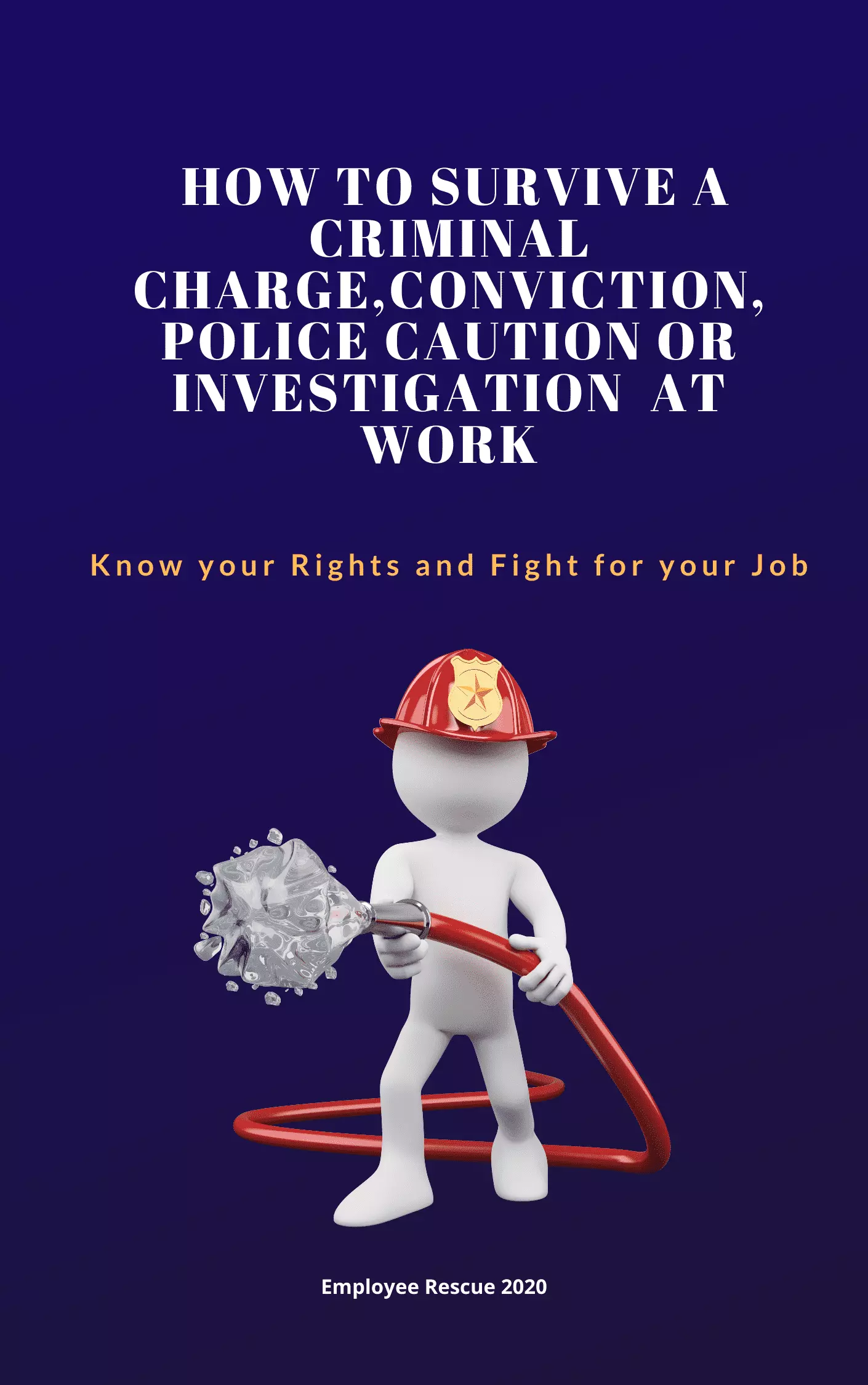
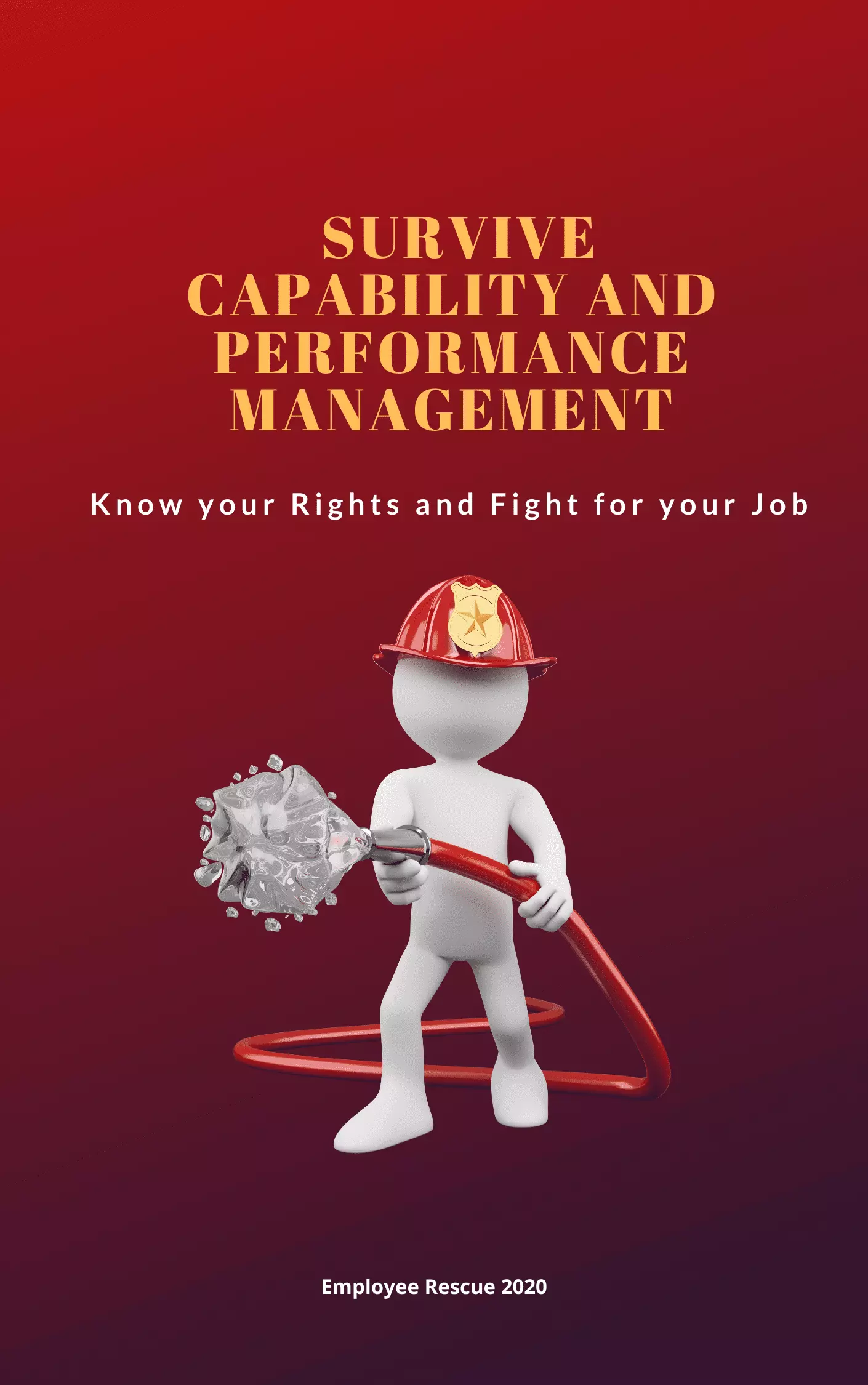
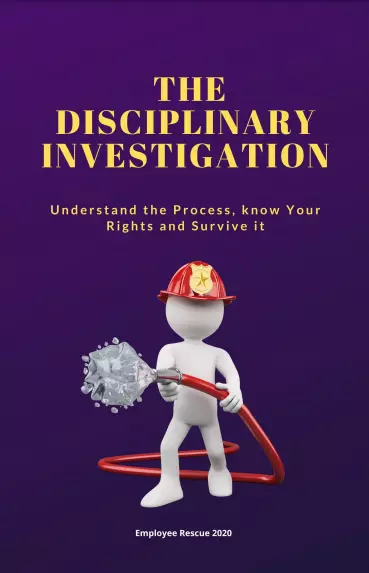
_1646734898.webp)
